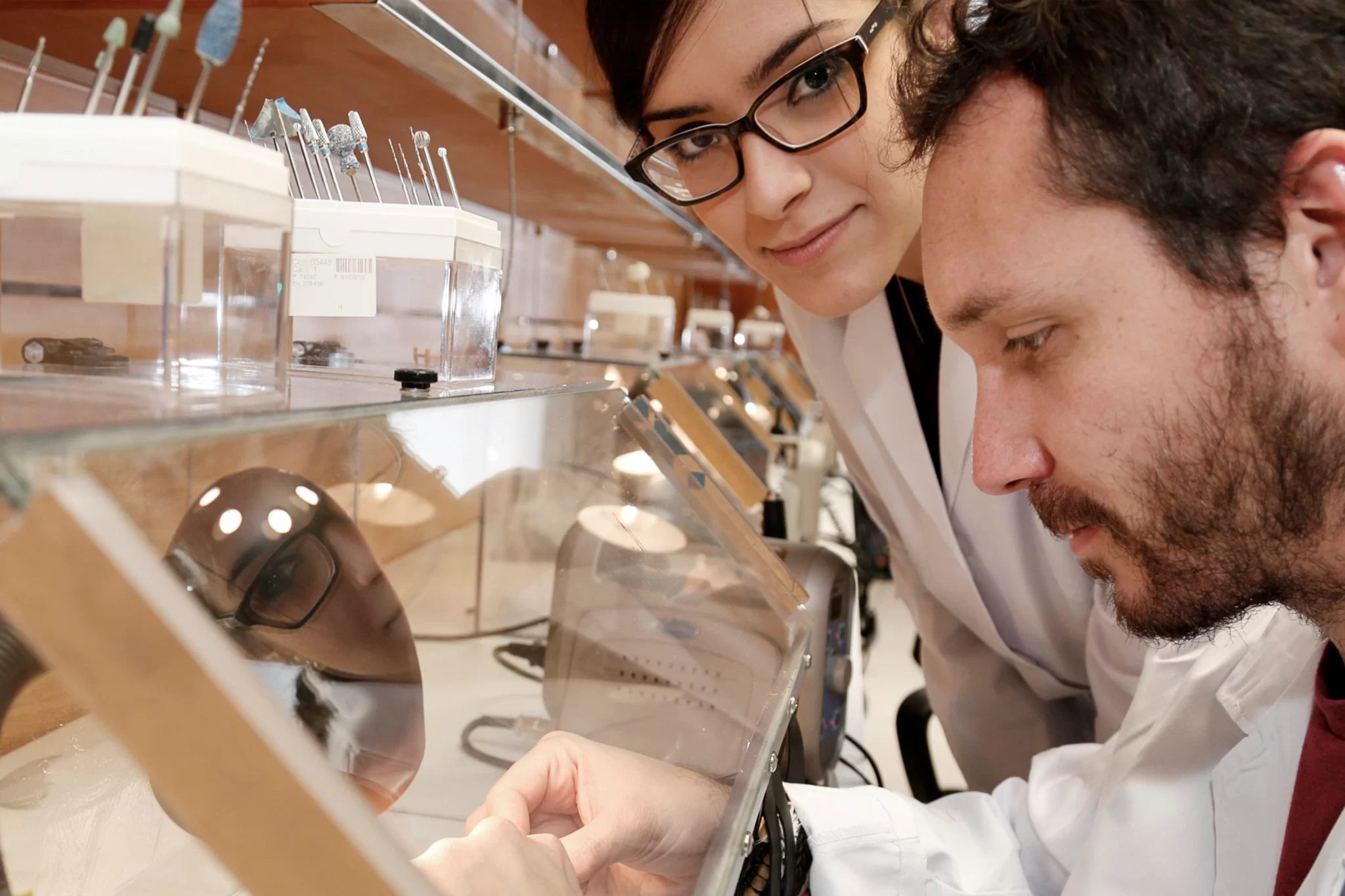
Audiology, as a field, has seen incredible advancements over the past decade, largely fueled by technology and innovative training methodologies. One of the most notable shifts has been the increased availability of remote learning opportunities. Spain, an emerging leader in audiology education and practice, now offers a wealth of online resources and programs specifically tailored for professionals looking to hone their skills in Audiology and Hearing Aids (audiologie et protheses) care. For practitioners passionate about advancing their knowledge, these virtual tools and courses provide an incredible opportunity to stay ahead of industry trends while catering to the growing global demand for hearing-related services.
Thanks to digital transformation, individuals no longer need to attend physical workshops or in-person training programs. The world of remote learning opens up opportunities for audiologists to access specialized instructions, strategies, and technical know-how at their own pace. But what exactly makes Spain a destination of choice for remote audiology training? Let’s take a closer look at what the country has to offer and how adopting remote education can take your audiology career to greater heights.
The Rise of Remote Audiology Training in Spain
Spain has long been regarded for its robust healthcare system and education infrastructure, making it fertile ground for advancements in audiology. The growing popularity of remote audiology training isn’t just about convenience—it’s about transforming the way professionals connect with patients and understand innovative technologies. By merging audiological care and remote learning tools, Spanish institutions and training providers are shaping the future of hearing healthcare.
A major driver behind this trend is the prevalence of telehealth. Tele-audiology services, tailored to patients with hearing concerns, have gained traction in the Spanish healthcare system. This progression has inspired local universities, private organizations, and audiology specialists to develop remote training courses aimed at preparing practitioners for digital audiology care. The increasing acceptance of video consultations and online hearing aid fittings further underscores the practical need for highly skilled audiologists trained in these modern methods.
Advancing Your Skills Through Hearing Aid Training
Hearing aid technologies have become more sophisticated than ever. Devices today feature artificial intelligence (AI), noise cancellation, wireless connectivity, and even apps that allow users to control their hearing experience via smartphones. These rapid technological changes have created a demand for audiologists equipped to program, fit, and adjust modern hearing aids in ways that meet individual patient needs.
Remote training programs in Spain focus extensively on these precise areas:
- Programming and Calibration: Courses emphasize practices for improving patient-specific hearing aid calibrations based on real-time audio environments.
- Patient-Centered Fitting Techniques: Trainees learn to conduct needs assessments through virtual sessions before optimizing devices for end-users.
- Understanding Advanced Features: From balancing sound frequencies to adjusting Bluetooth functionality, these modules prepare audiologists to teach patients how to maximize device use.
By enrolling in these remote courses, learners gain expertise in every aspect of hearing aids, ensuring they’re well-versed in cutting-edge hearing care solutions.
Spain’s Leading Institutions for Remote Audiology Training
Several esteemed universities and private organizations are at the forefront of promoting remote audiology education in Spain. Much of their focus is on creating flexible learning environments where participants can acquire relevant certifications and practical knowledge regardless of geographic constraints.
Renowned Platforms Offering Audiology Courses:
- University-Based Programs
Flagship institutions such as the Universidad Complutense de Madrid and Universitat de Barcelona now offer remote audiology programs tailor-made for working professionals. These programs combine self-paced online modules with live mentorship from leading audiology researchers.
- Specialized Audiology Centers
Private providers like GAES Centros Auditivos specialize not just in hearing aid services for patients but also professional training through digital platforms. Their courses cover a wide array of topics—ranging from the latest device fittings to customer communication strategies for audiologists.
- International Collaborations
Spain has partnered with global leaders to offer remote audiology resources. For instance, joint initiatives with European organizations ensure Spanish courses provide internationally recognized certifications.
These institutions deliver results-driven educational experiences, designed to enhance participants’ clinical, diagnostic, and technical abilities.
Benefits of Combining Remote Training with Hands-On Practice
While remote classrooms provide crucial theoretical knowledge, combining this learning approach with hands-on practice brings significant advantages. Many audiology training platforms in Spain address this by offering hybrid programs that include virtual simulations paired with limited in-person workshops.
For example, training providers incorporate:
- Case Studies: Real-life scenarios showcasing patient challenges allow learners to develop diagnostic skills in a risk-free environment.
- Virtual Labs: Simulated audiological equipment lets participants experiment remotely with device fittings and troubleshooting procedures.
- Role-Playing Exercises: Practitioners enhance patient communication skills through scenario-based virtual interactions, improving their consultation techniques.
By integrating digital resources with practical exposure, practitioners can build confidence in applying new knowledge to patient care effectively.
Spain’s Audiology Community: Networking and Growth Opportunities
Engaging in remote training programs not only equips audiologists with new skills but also connects them to Spain’s growing audiology community. Many programs include networking features, such as alumni groups and discussion boards, where learners can exchange insights, share case studies, and discuss career progression opportunities.
Attending international audiology conferences based in Spain—such as the Spanish Society of Otolaryngology (SEORL)’s yearly gathering—further allows participants to meet like-minded professionals, learn from industry leaders, and explore collaborative ventures.
Remote coursework often includes invitations to such events, ensuring participants remain plugged into emerging trends and techniques shaping the world of audiology. This access to a broader professional network becomes instrumental for career-building and long-term impact.
Why Remote Audiology Training Is the Future
Modern audiologists face the exciting challenge of adapting to a healthcare environment driven by technology. The ability to integrate telehealth and advanced device functionality into their practice is no longer optional—it’s essential amid evolving patient expectations.
Remote audiology training represents a major stepping stone in meeting this challenge, offering flexibility and quality education at an affordable cost. By leveraging the resources, tools, and expertise offered by Spain’s leading institutions, audiologists can continually grow their capabilities, ensuring they deliver effective, innovative solutions to those who need them most.
Write and Win: Participate in Creative writing Contest & International Essay Contest and win fabulous prizes.


